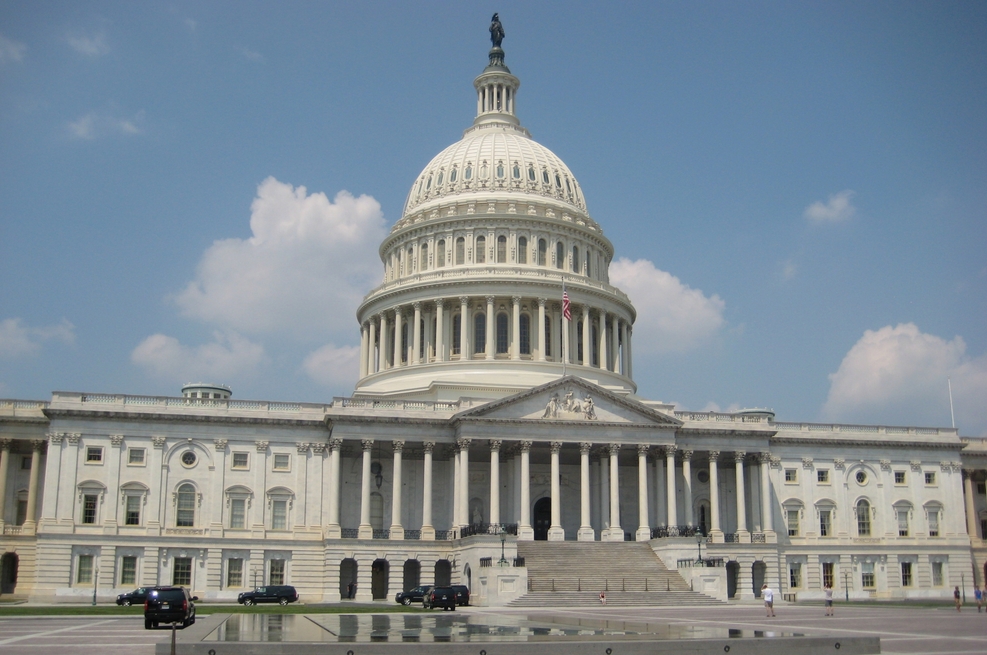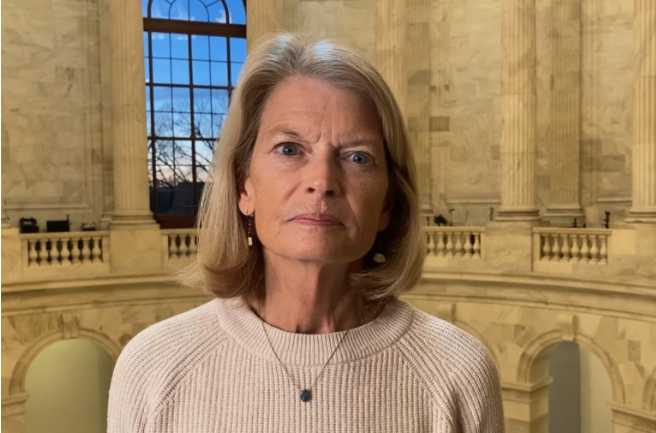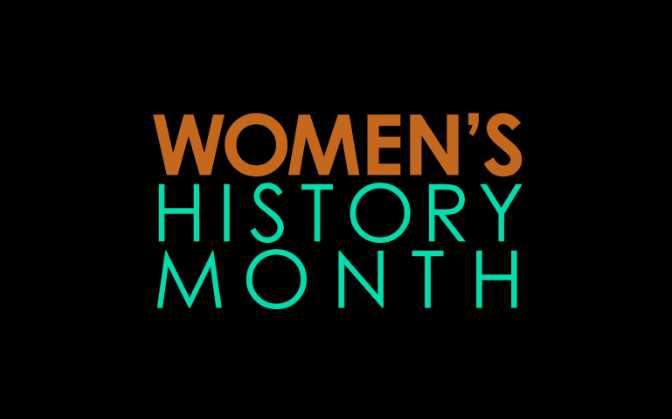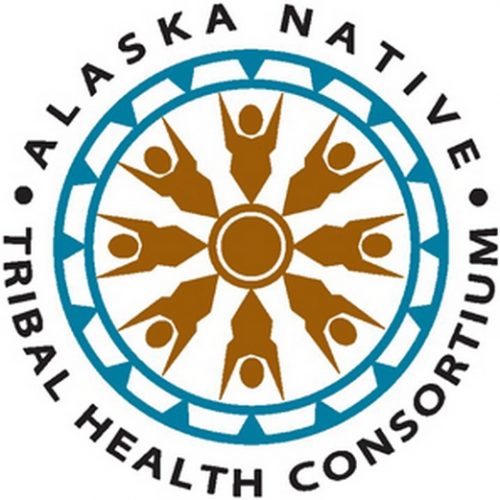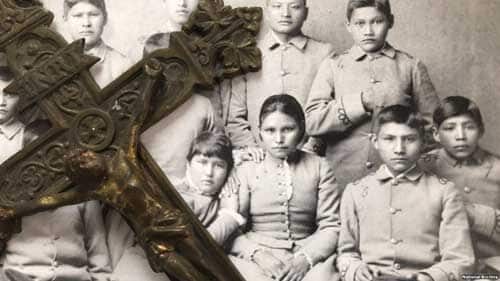
Photo credit: W.K. Kellogg Foundation
WASHINGTON, DC–June 3, 2015–On May 29, 2015, the Alaska Native Tribal Health Consortium (ANTHC) Dental Health Aide Therapist (DHAT) Program was recognized with the Indian Health Service (IHS) Director’s award for 2014 for its innovative public health and clinical strategies to provide quality dental care to Alaska Native communities.
The IHS Director’s Award recognizes individuals or teams whose service significantly advances the Indian Health Service’s mission and goals. The Dental Health Aide Therapist Program received an award for its “innovation, perseverance and leadership in improving access to safe and culturally competent dental care and addressing the significant oral health disparities across the Indian Health Service Areas.”
“A DHAT is much like a physician’s assistant in medicine. They are part of the dental team and extend the reach of dentists. DHATs increase access to excellent care for underserved populations. This award recognizes that successful team effort and innovative approach” said Stacy Bohlen, Executive Director of the National Indian Health Board. “The Tribes in Alaska have created a model that not only provides a solution to the problem of access for their own Tribal citizens; they also have demonstrated the incredible potential of DHATs for other Tribal Nations and underserved communities across the United States.”
The program has existed for over ten years and, during the course of that time, has resulted in access for 40,000 more people in approximately 25 rural Alaska Native communities. The DHAT program provides a narrowly focused, competency-based, primary care curriculum. DHATs practice under the supervision of a Dentist and much of the care DHATs provide focuses on dental disease prevention.
“Students in the DHAT program have a really important job ahead of them in providing care in remote parts of Alaska, where the traditional care model just doesn’t work” said DHAT Director Mary Williard, DDS, who accepted the award on behalf of the DHAT program.
Tribal communities nationwide, like many underserved populations, suffer from a variety of dental afflictions. These conditions result in missed school or work and decreased ability to eat healthy foods. Poor dental health also puts individuals at greater risk for cardiovascular disease, respiratory infections, dementia and diabetes. A lack of prevention services and a severe provider shortage throughout the country, and Indian Country, contribute to these problems.
“We have an oral health crisis in Indian Country. Unfortunately, poor oral health outcomes and barriers to access are so widespread, Native people have come to expect these conditions,” Dr. Williard said. “The good news is — there are things that can be done. In Alaska, the program came from the people standing up saying that it’s not okay that they can’t get dental providers in their communities. The DHAT program has improved access to care for many Alaska Natives and changed the way dentistry is looked at too.”
In addition to Ms. Williard, other DHAT team members include: Kathy Balasko, Sarah Shoffstall-Cone, Rachel Schierholt, Nellie Agimuk, Robert Allen, Kenneth Bolin, Anthony Brusca, Suzanne Eberling, Ron Nagel and Louis Fiset.
To learn more about the DHAT program, visit the Alaska Native Tribal Health Consortium website at www.anthc.org or https://depts.washington.edu/dentexak/.

